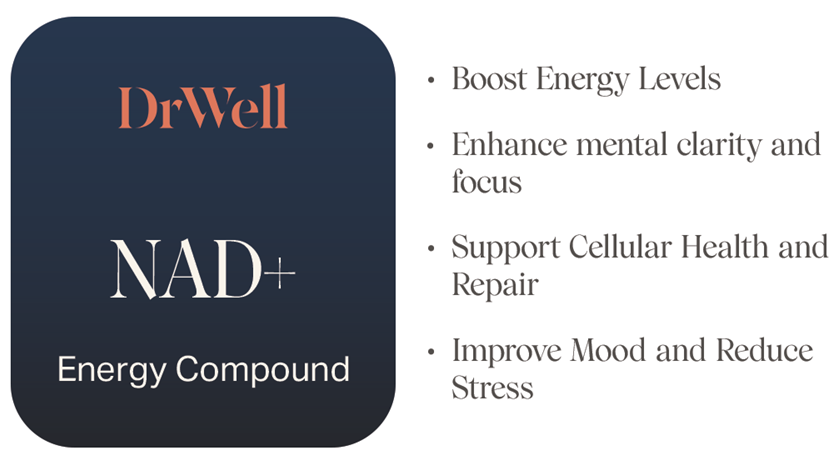
I recently performed neck liposuction on a colleague (another doctor). This is a relatively easy procedure and typically a very smooth postoperative course. But doctors as patients aren’t the most compliant, and that affects everything.
Usually a non-medically oriented patient does what you say. Mostly they’re too afraid to deviate from your recommendations. And since you’re recommendations are based on best practices that led to event-free recoveries for other patients, patients typically do well.
But doctors as patients question everything and push back on your recommendations ever so slightly. This is how it usually goes: I give instructions, they push back, I relent and something untoward occurs. Not anything calamitous but a little speed bump in the proverbial postoperative road to recovery.
I tell them to wear their compression garment around the head and neck at all times during the first 7 days. They ask if they can remove it during clinic hours since they’re eager to return to work. I understand their need to return to work so I go along with their request and tell them to be sure to put it back on when they get home. Maybe they do, maybe they don’t. Next thing you know, they get a fluid collection under the skin because they didn’t wear their compression garment enough.
Another example: I tell them I’ll give them a pre-filled bottle of pain medication to take home like I do with all patients. They tell me they don’t need pain medication so I say ok. Then they have pain and this leads to them trying everything possible to find some relief either with NSAIDS or tylenol. Next thing you know, they have oozing from their incision that leads to a late-night phone call.
I tell them to avoid over-activity initially. They ask if they can get on the treadmill. I figure they know their limits so I allow them some activity. They fall off the treadmill and pull a muscle, leading to pain where there was no pain before.
The point is that by trying to give doctors a little space in their recovery and not treat them like another non-medical patient, I end up doing them a disservice. The truth is, they don’t know more about postoperative recovery than other patients. The deviation from my normal best practices leads to more phone calls and more potential complications than in almost every other case.
The shame of it is that there seems to be a correlation with complications happening more to friends, family and colleagues. Maybe this avoidance of tough love with colleagues is leading to these breaks in best practices and complications. So from now on, when doctors are my patients, they’ll have to behave!



